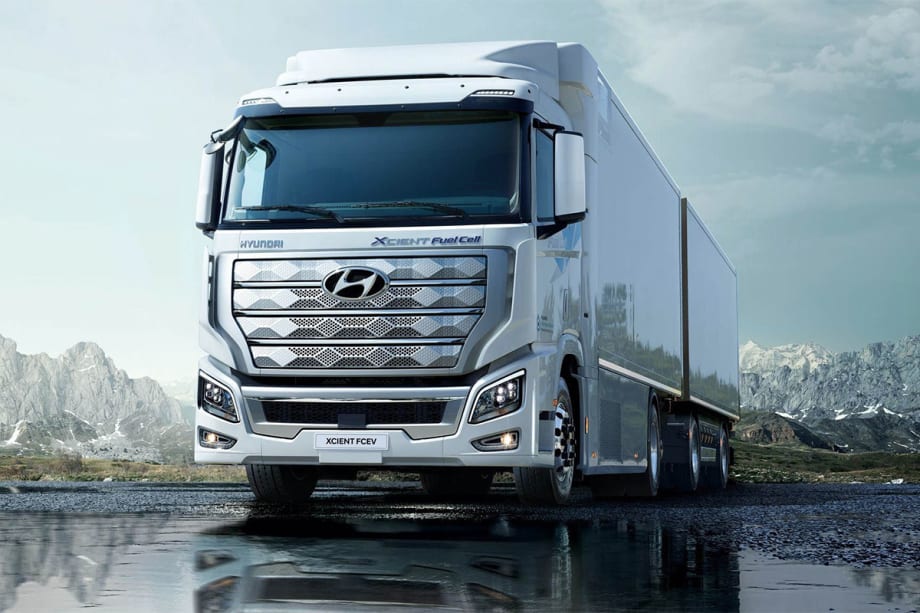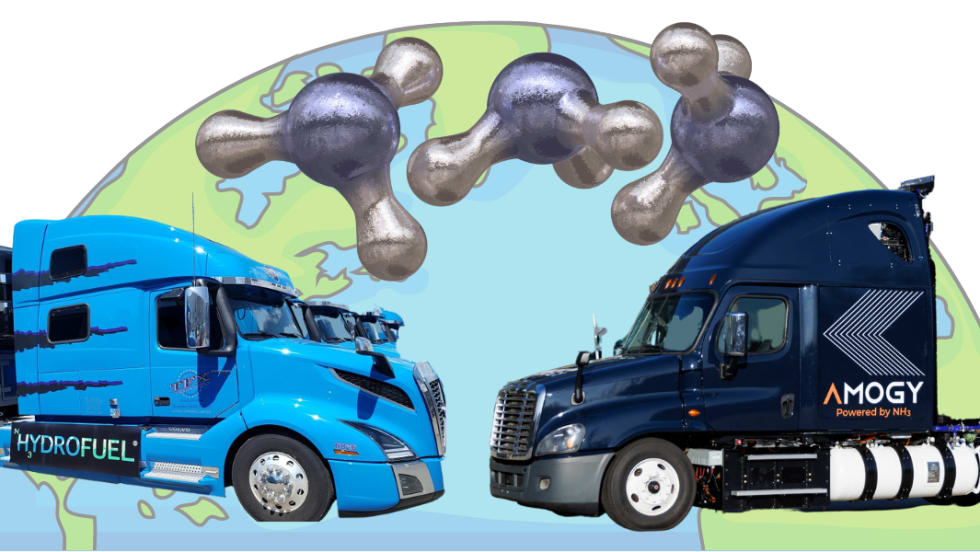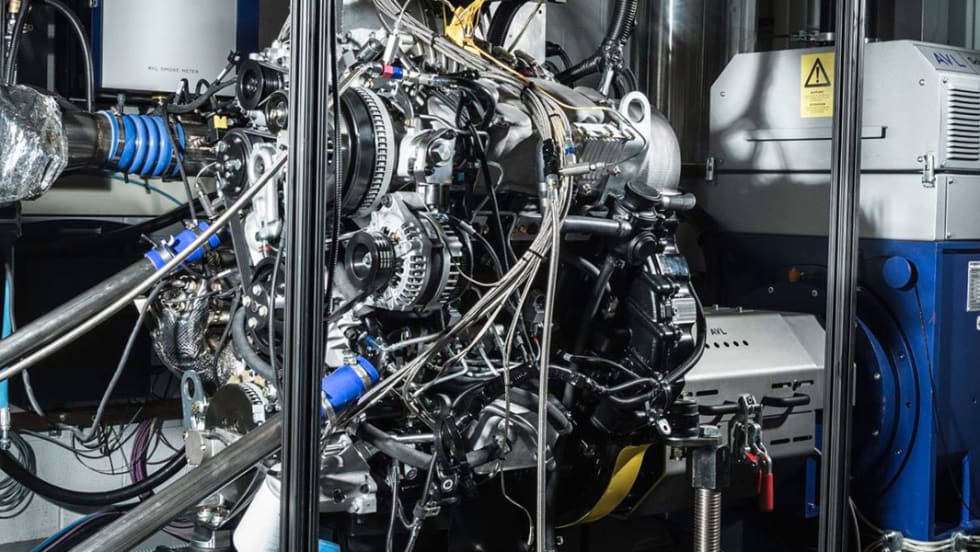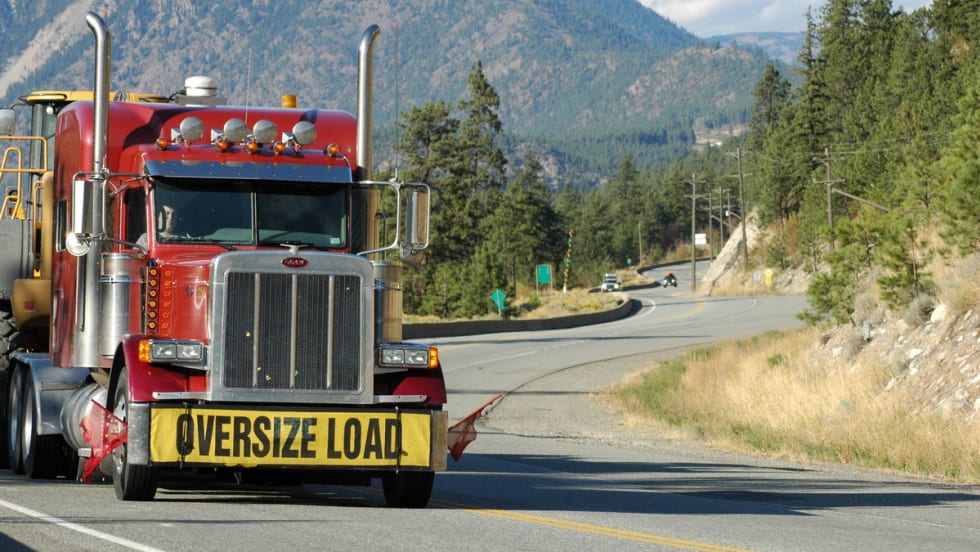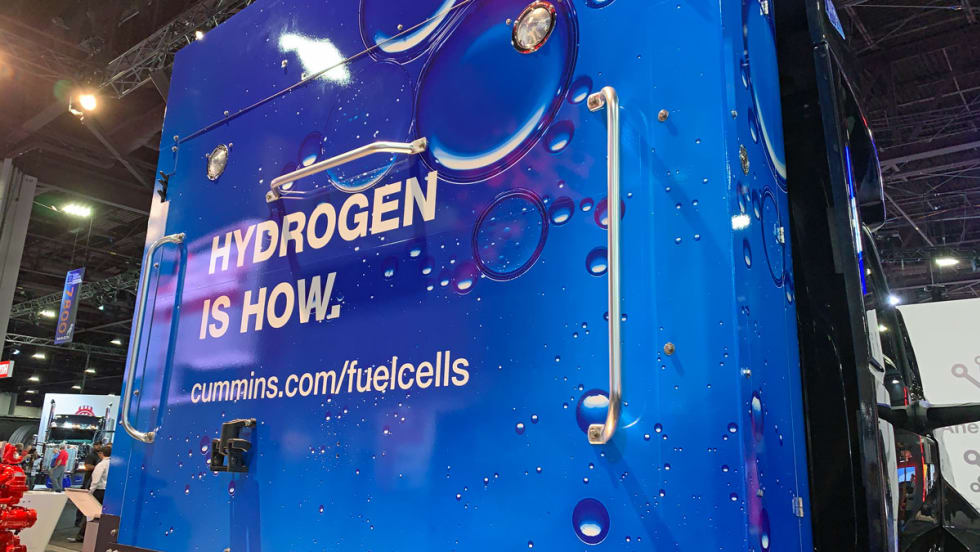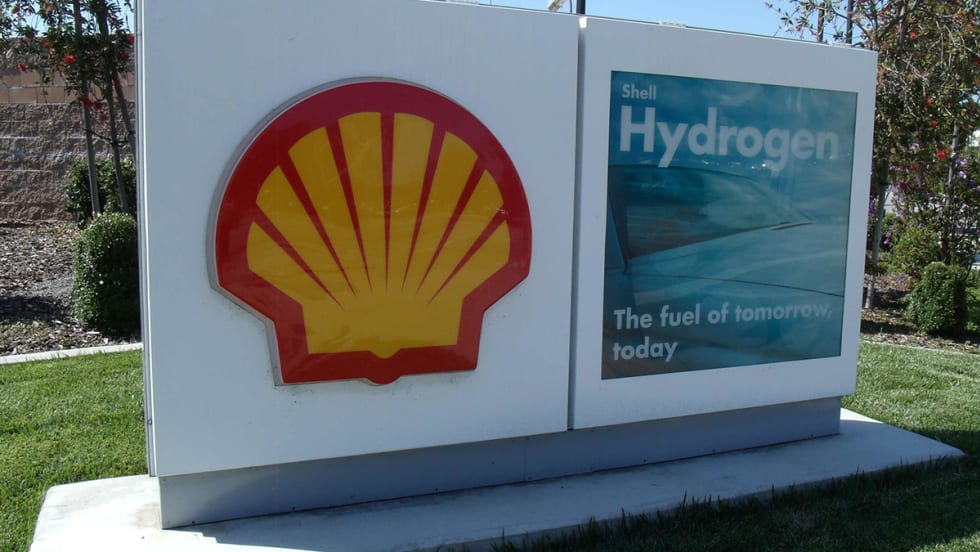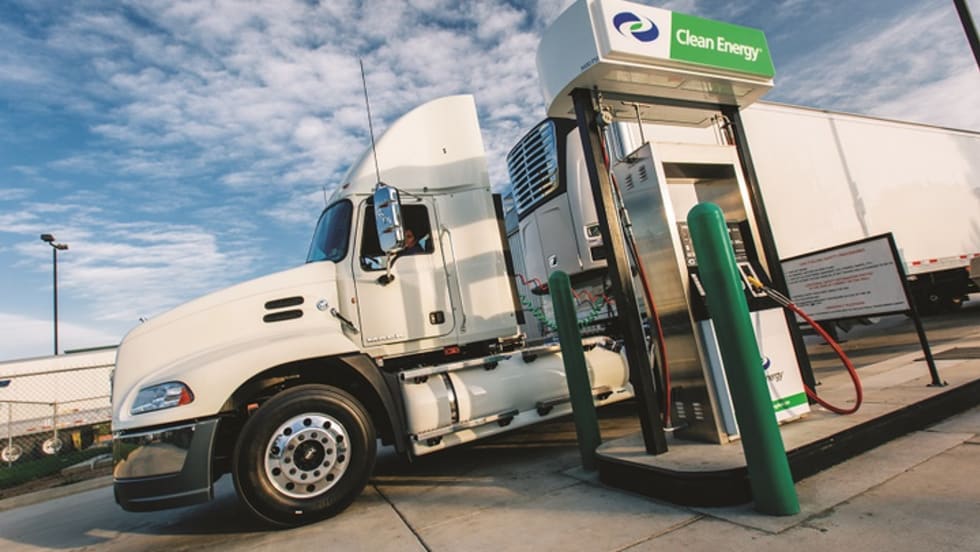Well, there’s no doubt now, though I’ve never thought there was. Hydrogen fuel cells are coming on strong, and maybe sooner than you think. Everybody and his brother – hell, even his third cousin once removed – is developing a heavy truck or a bus powered by a hydrogen fuel cell. Hyundai already has its Xcient heavy-duty fuel cell tractor in series production, the only manufacturer to reach that stage, delivering 1600 of them to Switzerland by 2025.
And hey, did you know that the sixth National Hydrogen and Fuel Cell Day took place on October 8, as declared by the U.S. Department of Energy's Office of Energy Efficiency and Renewable Energy. I didn’t either. Nor, probably, did anyone else.
Maybe not yet commonplace in our transportation world, but the technology is anything but new. There are something like a third of a million stationary fuel cells around the world, and in the U.S. already more than 35,000 hydrogen fuel cell forklifts are moving stuff around at supermarkets, warehouses, and logistics facilities.
Compare that to news just coming out of Bavaria, the largest state in Germany, where the Minister of Economic Affairs has committed 50 million Euros ($59 million) to building 100 hydrogen filling stations between now and 2023.
“Enough has been said on the subject of hydrogen,” he announced, “it is now being implemented.”
Enough indeed.
Recently, Hino Trucks and Toyota Motor North America announced that they’ll jointly develop a Class 8 fuel cell electric truck for the North American market. Toyota owns Hino, not incidentally.
According to a press release, “The companies will leverage the newly developed Hino XL Series chassis with Toyota’s proven fuel cell technology to deliver exceptional capability without harmful emissions. This collaboration expands upon the existing effort to develop a 25-ton FCET for the Japanese market which was announced earlier this year.”
Emitting nothing but water, the truck builds on 20 years of Toyota experience with fuel cells. The initial demonstration vehicle is expected to arrive in the first half of 2021.
Just a couple of weeks earlier, Daimler Trucks showed off a Mercedes-Benz concept truck powered by fuel cells, with a range of up to 621 miles, projecting customer trials starting in 2023. The Mercedes-Benz GenH2 Truck will begin customer trials in 2023, with series production to start in the second half of the decade.
It takes a different approach than all others, using liquid instead of gaseous hydrogen and promising performance equal to that of a comparable diesel truck. The production version will have a gross vehicle weight of 40 tons and a payload of 25 tons.
Daimler says it prefers to use liquid hydrogen (LH2), because in this state you get “a far higher energy density” compared to gaseous hydrogen. The tanks are thus much smaller and, due to the lower pressure, significantly lighter. This expands cargo space and offers a bigger payload while also allowing for more hydrogen to be carried and thus greater range.
But let’s not forget battery electric options, which carry even greater momentum these days than the fuel cell variant, if not usually with longer trips in mind. Daimler, however, has also offered a preview of its battery-powered Mercedes-Benz eActros LongHaul. There has to be an asterisk beside that one because it envisions only a single-charge range of 500 km, but the company says it will be ready for series production in 2024. It’s designed to be used on what Daimler calls “plannable long-haul routes” with “depot charging”. Rather than waiting for an infrastructure of public charging stations to be built, carriers would have chargers at their own terminals.
Much as I love the sound of a strong diesel digging into its torque as it meets a hill, and I do truly love that, these near-future options seem pretty exciting to me.




